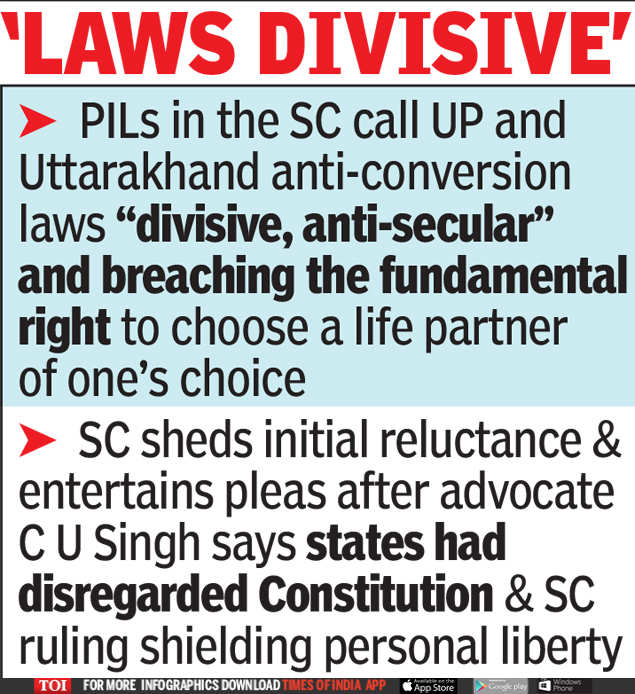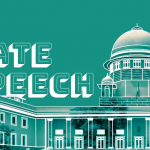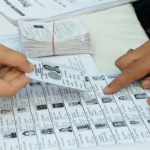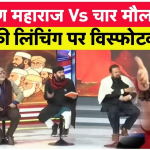SC agrees to vet validity of anti-conversion laws Times of India
07, Jan 2021
NEW DELHI: The Supreme Court on Wednesday agreed to examine the validity of ‘love jihad’ laws and ordinances passed by BJP-governed states to curb alleged conversion of girls through inter-faith marriages after PILs termed the laws “divisive, anti-secular” and importantly, breaching the fundamental right to choose a life partner of one’s choice.
A bench of Chief Justice S A Bobde and Justices A S Bopanna and V Ramasubramanian shed its initial reluctance and entertained the petitions by three lawyers and NGO ‘Citizens for Justice and Peace’ but not before suggesting that they move the high courts concerned.

The petitions have challenged the Uttarakhand Freedom of Religion Act, 2018, and the UP Prohibition of Unlawful Conversion of Religion Ordinance, 2020.
“You come straight to the Supreme Court under Article 32 as if high courts do not have power to adjudicate these issues. Whether a particular provision in the state enacted legislation/ordinance is oppressive or whether it persecutes a particular community, the high court concerned is in a better position to examine,” the bench said.
It agreed to entertain the petitions after senior advocate C U Singh said state governments had disregarded the Constitution and the SC’s landmark decisions protecting personal liberty of citizens, which included the right to choose a life partner irrespective of caste, creed or religion. However, it declined Singh’s request to stay the ‘love jihad’ laws.
The CJP, through its secretary Teesta Setalvad, said the Hindu religion had absorbed different sects and tribes into its fold and argued that as a corollary, other religions too had a right to absorb people from other faiths. “Sanatan Hindu faith, while not obviously proselytising, has also from the period of early India to medieval India, by co-option absorbed those from Adivasi, indigenous and subaltern faiths that were not until this co-option ‘Hindu’,” the NGO said.
“Hence, as a necessary corollary of the group right of a religion to propagate, an individual must have the right to convert to any religion other than his own. Hence, the right to convert oneself to another religion is manifested in Article 25 of the Constitution. The ordinance and the Act impinge upon this right by imposing unreasonable and discriminatory restrictions on it by mandating that the administration be informed of such intention and a probe be launched in such a personal and intimate exercise of one’s right,” it added.
The other set of petitioners, through Pradeep Kumar Yadav, explained their moving the SC directly and said since the contentious legislations/ordinances or preparation to pass similar laws were being done by BJP-governed states of UP, Uttarakhand, Himachal, MP and Haryana, it would have been futile to move one high court on this issue.
Seeking to become a party in the pending petitions before the SC, Jamiat Ulama-i-Hind said, “The impugned ordinance attempts to regulate a personal decision of each human being by encroaching upon an individual’s choice to convert to a religion of his/her choice. Scrutiny by the state of such a personal decision is a grave assault on personal liberty of an individual and is violative of Article 21.”
The impleadment application, moved through advocate Ejaz Maqbool, said the UP ordinance defined the term ‘allurement’ very broadly, to include even providing a gift to the person who was sought to be converted. “This means if a person belonging to one religion, say Islam, gifts a non-Muslim a book concerning the teachings of Islam and the said non-Muslim person who received the book, after reading it decides to convert to Islam, the said conversion could be said to have taken place by ‘allurement’ since it occurred after a gift was given to the convert,” the Jamiat’s application said.
Appearing for CJP, Singh went into the merits of the issue and said the Himachal Pradesh HC had in 2006 quashed a similar law that intended to subject inter-faith couples to seek approval of the state for getting married and proving that conversion, if any, was voluntary and not for the purpose of marriage. However, the Himachal government re-enacted the law in 2019 in complete disregard of the HC decision, he said.
Singh said the laws had emboldened rampaging mobs to barge into ceremonies and disrupt inter-faith marriages, which was incomprehensible in a civilised society. The laws also put the onus on the couple to show that conversion was not for the purpose of marriage. The punishment of 10 years imprisonment prescribed by the laws was onerous, he added.
“These provisions in both the impugned Act and ordinance place a burden on individuals to justify their personal decisions for state approval. It is the case of the petitioners that this is a notion that is constitutionally repugnant and against a citizen’s right to freely exercise his/her freedom of choice. The provisions of the impugned ordinance and Act impinge upon an individual’s right to freedom of choice, right to life and liberty as well as right to freedom of religion.”
The original piece may be read here










